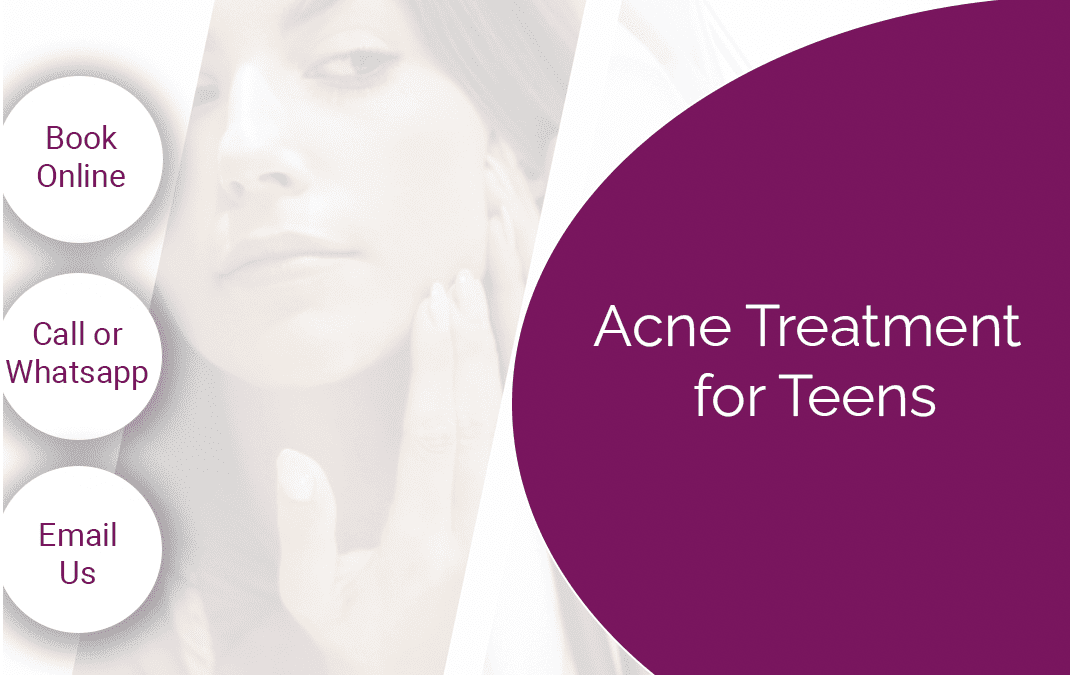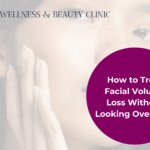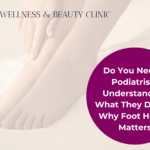As teens go through the transformative years of adolescence, one common challenge they often face is acne. Characterized by the appearance of pimples, blackheads, whiteheads, and sometimes even painful cysts, acne can significantly impact a teenager’s self-esteem and confidence. However, with the right knowledge and effective treatment approaches, acne can be managed and even prevented, allowing teens to embrace their natural beauty and feel more comfortable in their own skin.
Understanding Acne in Teens
Acne occurs when hair follicles become clogged with oil and dead skin cells. Hormonal changes during puberty can cause the sebaceous glands to produce excess oil, leading to the formation of acne. Factors such as genetics, stress, poor diet, and improper skincare routines can further contribute to the development of acne in teenagers.
Establishing a Daily Skincare Routine
A consistent and gentle skincare routine is the foundation for managing acne in teens. It is essential to educate teenagers about the importance of cleansing their face twice a day using a mild cleanser to remove excess oil, dirt, and impurities. Additionally, using non-comedogenic, oil-free moisturizers helps keep the skin hydrated without clogging the pores. Encouraging teens to avoid excessive touching or picking at their acne can significantly reduce inflammation and prevent the spread of bacteria.
Over-the-Counter Treatments
Over-the-counter (OTC) treatments can be an effective first line of defense against acne for teenagers. Look for products containing ingredients like benzoyl peroxide, salicylic acid, or sulfur, which help to kill bacteria, unclog pores, and reduce inflammation. It’s crucial to advise teens to follow the instructions carefully and start with a lower concentration to minimize skin irritation. OTC treatments may take several weeks to show noticeable improvements, so it’s important to encourage consistent use.
Professional Intervention
For more severe or persistent acne cases, it may be necessary to consult a dermatologist for professional intervention. Dermatologists can provide targeted treatments such as topical prescription medications, oral medications, or in-office procedures like chemical peels or laser therapy. These interventions aim to reduce inflammation, control oil production, and promote the healing of acne-prone skin. Dermatologists can also provide personalized advice on skincare routines, diet, and lifestyle modifications to help manage acne effectively.
The Power of Lifestyle Changes
In addition to skincare and professional treatments, certain lifestyle changes can complement acne management efforts. Encouraging teenagers to adopt a balanced diet rich in fruits, vegetables, whole grains, and lean proteins can help nourish their skin from within. Regular exercise, stress management techniques, and sufficient sleep also contribute to overall skin health.
By empowering teenagers with knowledge about acne and providing them with effective treatment options, we can help them navigate through this common skin concern. With patience, consistency, and guidance, teens can achieve clearer, healthier skin, boosting their confidence and allowing them to embrace their teenage years with radiance and self-assurance.
Learn more about Acne Treatment for teens.





